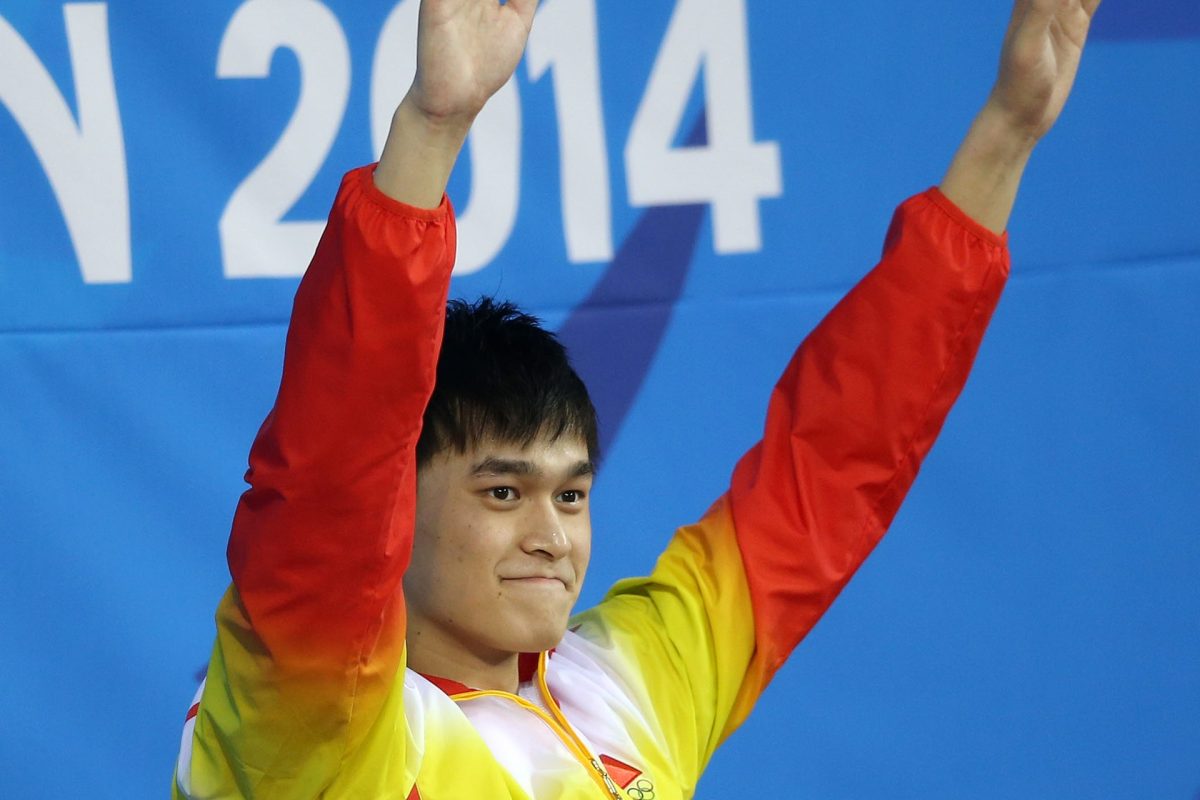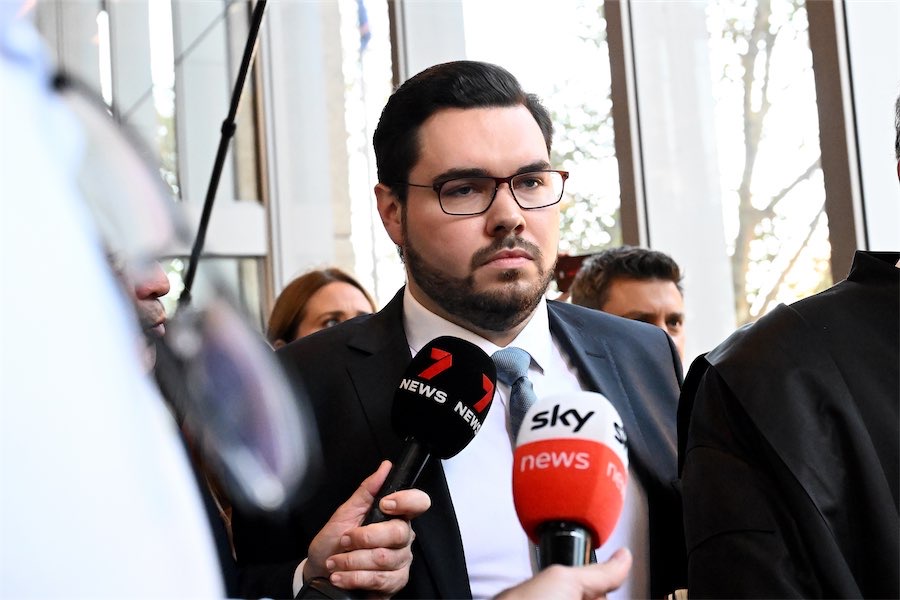JINGWEI JAI’s car passenger window was smashed in Braddon. There were other passenger windows smashed in Belconnen. The mystery that binds them together is they are all Audis.
MY car window was smashed last month. The vehicle was in a basement car park in Braddon.
 The glass of the passenger side was totally shattered. What’s strange was nothing was stolen, despite my having some cash in the car.
The glass of the passenger side was totally shattered. What’s strange was nothing was stolen, despite my having some cash in the car.
It wasn’t news until I noticed recently at least three other Audi cars parked in another apartment in Belconnen were also smashed, and the person who did this only targeted Audi, only aimed at passenger-side window glass and stole nothing.
I speculate this person has problems with some Audi owners, so he or she took revenge or something like that.
Another thing worth mentioning is neither my apartment nor the other one in Belconnen have security cameras installed, so the police and apartment management could do nothing about it.
I would like to request you to let more people in Canberra know about this so they can do anything possible to prevent such misfortune.
Jingwei Jai, Braddon
The poor health of public health
THANK you to “CityNews” for continuing to inform us about the funding of public health in the ACT.
A critically important factor (“How the ACT government deserted public health”, CN, December 10), as stated by Jon Stanhope, is that: “It is not being cynical or unreasonable to suggest that somewhere around 2013/14 the ACT government took a decision… that public transport was a higher priority than public health”.
Since that time the 10 per cent or so of Canberrans who use public transport have benefitted, but not the 100 per cent who will access the hospital system at some stage in their lives.
The consequences of the decision to give public health a lower priority than public transport are well documented, such as the excruciatingly long waiting times for patients at the Canberra Hospital’s Emergency Department and the high rate of burnout of junior doctors due to understaffing and the inadequate provision of physical resources.
I am puzzled that the members of the Legislative Assembly are happy to discuss the banning of plastic spoons while doing nothing about the seriously underfunded health system.
Their legacy will be that they sat on their hands as the ambulances were being routinely diverted from the Canberra Hospital and the waiting lists for essential surgery grew longer and longer by the day.
I don’t want to wish them ill, but perhaps their attitude would change if a couple of MLAs were rushed to the Emergency Department as urgent patients and were told that the waiting time was as long as four hours. Believe me, that happens.
Let them experience the emotions of disbelief, anxiety, despair and anger which many others experience under the present conditions.
There has been enough analysis and discussion. It is time for the ACT government to rethink their funding priorities before the situation deteriorates further. As it is, the government is failing the people of Canberra.
David Pederson, O’Connor
Many Chinese have prospered
ROBERT Macklin’s article, “Chinese may have a point with Australia” (CN, December 10) is sobering; Australia is paying for its past appalling treatment of some Chinese immigrants over the last 200 years.
But, might I respectfully remind the current People’s Republic of China leadership (via its embassy, which monitors all public comment on the PRC) that many Chinese migrated and prospered, particularly in northern Australia. More widely, thousands of Chinese restaurants operated in regional towns and city suburbs.
More recent decades have seen the successful integration to Australia of hundreds of thousands of people of Chinese ethnicity.
During World War II, Australia and the Republic of China were allies in the fight against the Japanese occupation of much of China.
China tied down huge Imperial Japanese Army forces, keeping them from fighting in the region to the immediate north of Australia. We owe China a massive debt for that.
The Chinese navy does its international duty on anti-piracy patrols in the north-west Indian Ocean. More than the Royal Australian Navy does.
In the early ’70s, our federal government brought PRC students to study at the then CCAE (now the University of Canberra).
And who can forget that beautiful couple of hours in Australian tennis in 2011 when Belgian Kim Clijsters came from a set down against China’s Li Na to win the Australian Open final.
While Clijsters was the winner, the roar for the Chinese player was deafening. She and her (husband) coach were the ambassadors of the hour, acknowledged by the actual PRC ambassador, who made a gracious, praising and warm speech humorously conceding that he was outranked for that match by the great PRC player. Sport doesn’t get any better.
Christopher Ryan, Watson
Have we gone crazy?
THE story “Swift parrots go the wrong way” (CN, December 10) reveals that there are fewer than 300 swift parrots left in the wild, and this beautiful parrot may well be heading for extinction.
The swift parrots’ natural habitat is the eucalyptus-dominated forests and woodlands to the east, north and north-east of Melbourne; in a narrow strip along the NSW coast, and in a scattered band on the western slopes of NSW. The parrot migrates to the warmer parts of Tasmania (yes, there are such places) in the breeding season.
Most of those habitats are rapidly being lost to logging (mostly for unprofitable and subsidised wood chip production), deforestation for agriculture and urban expansion – for city people wanting a “tree change”.
Is there anyone else who thinks too many Australians have gone crazy?
Douglas Mackenzie, Deakin
Outrage at secret hearings
AUSTRALIANS are outraged when they hear that the Morrison government is still seeking to cover up the Timor-Leste spying case with court proceedings in secret against Witness K – a former senior ASIS intelligence officer who expressed concerns to his superiors and briefed his lawyer, Bernard Collaery – 16 years after the bugging.
While the secret trials drag on, the financial benefits obtained from the bugging by a minister and senior bureaucrat through a consultancy and board appointment, have been ignored.
It is deeply concerning that “national security”, as determined by the attorney-general, be given greater weight than any other consideration. This is a threat to foundational principles of law, such as open justice and fairness. Many in the legal profession are increasingly concerned, including the Law Council of Australia.
Calling on national security is designed to intimidate the defendants, hide proceedings from the public, and deter officials or journalists who might dare to disclose what the government doesn’t want known – its unlawful activity.
Drop the prosecutions.
Anycie Berkmann, Strathfield, NSW
Who can be trusted?
In a world of spin and confusion, there’s never been a more important time to support independent journalism in Canberra.
If you trust our work online and want to enforce the power of independent voices, I invite you to make a small contribution.
Every dollar of support is invested back into our journalism to help keep citynews.com.au strong and free.
Thank you,
Ian Meikle, editor





Leave a Reply